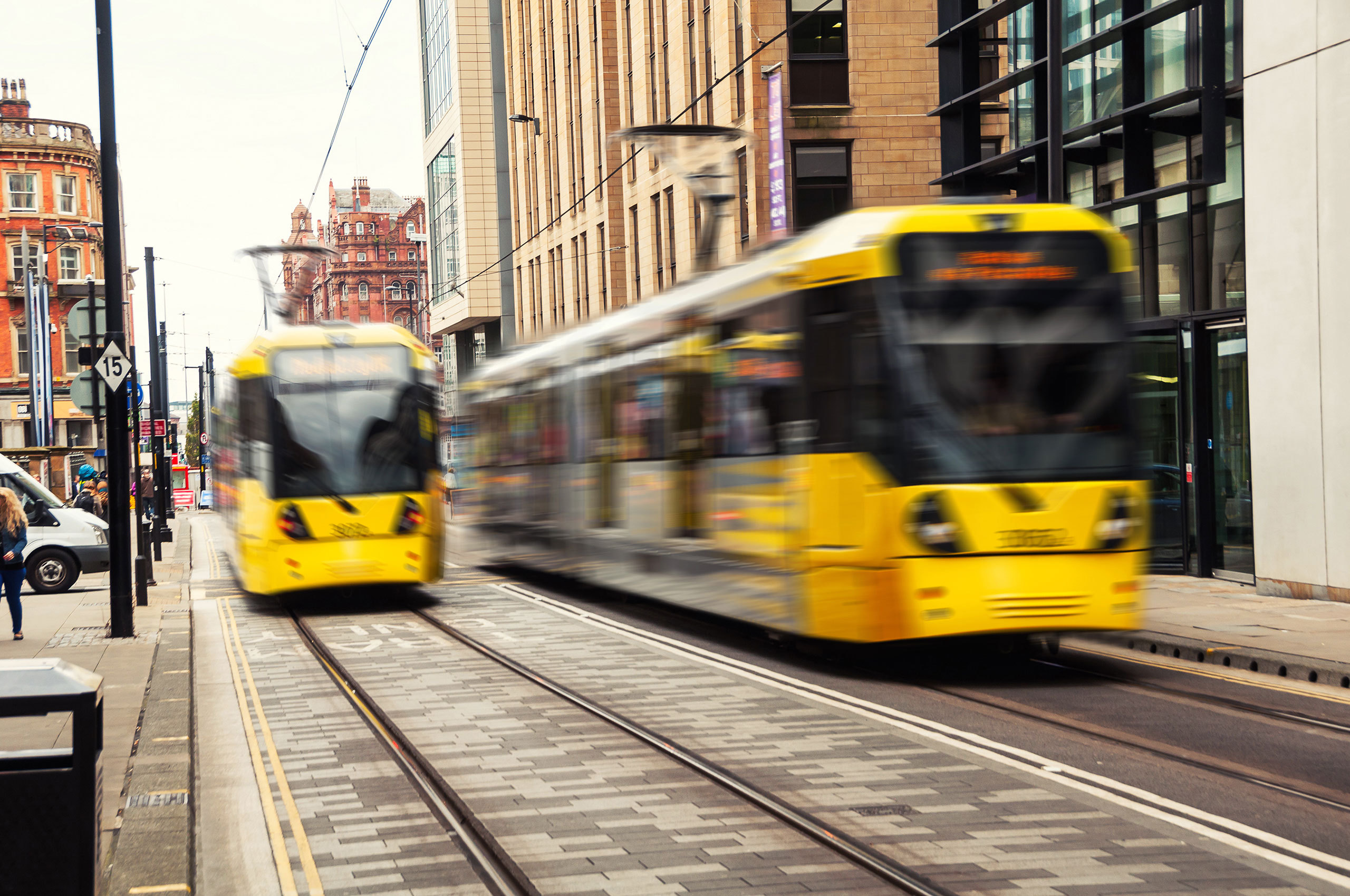Digital Designer
A Digital Designer’s job is to ensure that the visual appearance and layout of digital platforms – websites, apps, email templates, banner adverts, mobile products etc. – creates the best possible brand perception and online experience.
Typically a Digital Designer (sometimes still referred to as a Web Designer or Interactive Designer) works closely with other members of the client services, design and marketing teams to bring brand communications to life online. The best digital designers combine a keen brand and commercial awareness, with natural creative flair, in order to create work that is both in line with brand guidelines and that creates stand out in their respective industry sector.
The full scope of a Digital Desinger’s role will vary depending on the size of the team they work in. In larger creative teams, they will take sitemaps and wireframes from UX Designers and then design the visual elements. In smaller teams, they will be responsible for taking the initial brief, developing ideas, wireframes and then taking these through to final, pixel perfect, design.
Given the popularity of mobile devices, Digital Designers must have experience in creating effective user experience and journeys across all desktop, mobile and tablet devices – responsive, cross-browser design experience is therefore essential.
As with traditional graphic design roles, a digital designer will be expected to have strong skills with all common Adobe products – Photoshop in particular – plus they may also have strengths with Fireworks and Dreamweaver.
Whilst Digital Designers won’t be expected to be an expert, experience/knowledge of front-end coding languages such as HTML and CSS are extremely valuable, so that you know how designs are implemented and any pitfalls that could be encountered.
Salary wise outside of London the role generally pays between £30,000 to £45,000 depending on regional variance and level of experience.
Leeds
Long known as the ‘Knightsbridge of the North’ due to its restored Victorian arcades which house many top-drawer retailers, including Harvey Nichols, Leeds will soon be host to its second new shopping centre in three years. Victoria Gate will open in the autumn of 2016, on the heels of the wildly successful Trinity centre. Its flagship store will be John Lewis and the whole complex aims to regenerate the southern end of the city.
Leeds is also famous for its eating and drinking scene and the last year has seen a host of new venues: Pintura, Iberica, Stockdales to name just three new restaurants, Manahatta, Turk’s Head and Headrow House for bars. The Northern Quarter alone has seen eight new bars open in the last twelve months. But Leeds is not just a city for leisure, it’s a city built on innovation: in engineering, in manufacturing, in retail. Over the last twenty years or so, we’ve been quietly innovating in another field: digital. From offering the UK’s first free internet service providre, Freeserve, and the pioneering online news service Ananova, Leeds was at theforefront of the early internet and it continues to innovate.
DataCity is developing innovative ways of using data to solve a city’s problems. The Leeds Institute for Data Analytics is working on ground-breaking ways of using data to understand health and human behaviour, attracting funding of £12m in the process. The NHS’s Health and Social Care Information Centre, which hosts 70 million patient records and handles over 6bn messages annually, is based in the city; the HSCIC developed its data systems with local company BJSS. It’s no surprise that with all this innovation, there are more data scientists in Leeds than anywhere else outside London, which is leading to a shortage of qualified candidates.
There are now over 70,000 people employed in the Leeds City Region in the digital sector, working in almost 9,000 firms. Some of those firms are huge employing many hundreds of people: Sky Bet, Callcredit, Perform, William Hill and Rockstar Games. Sky moved into Leeds in 2015 and employed over 450 in their first year in the city, Sky Bet have increased their numbers from 640 to over 1000. The Leeds Digital Festival brought many of these companies and organisations together in April 2016, hosting 56 events with over 175 speakers, providing a platform for the sector.
However, the digital scene is not just about the big firms, it also has hundred of smaller firms, creating and innovating in digital health, in data science, in the Internet of Things. A great example is home security firm Cocoon, founded by five locals, and named as one of the top ten key startups in the UK, with its revolutionary ‘Subsound’ technology.
All this success has led to a few issues: many of the firms with vacancies have had difficulties in filling all the roles from within the city. Some of the larger employers are now seeing their staff commute in from as far as Manchester in the West and Hull in the East, with many also coming in from North and South Yorkshire. However, the attractiveness of Leeds as a place to live also makes it easier to persuade employees to relocate from elsewhere in the country.
Other marketing sectors are also flourishing: we have a growing PR scene with companies such as Umpf, Finn and Hatch. This is also leading to demand for experienced staff, with salaries being pushed higher. There is also higher demand for candidates with SEO and PPC skills; we’ve seen a number of agencies struggle to get the right candidates within the city and are attracting employees from further afield.


